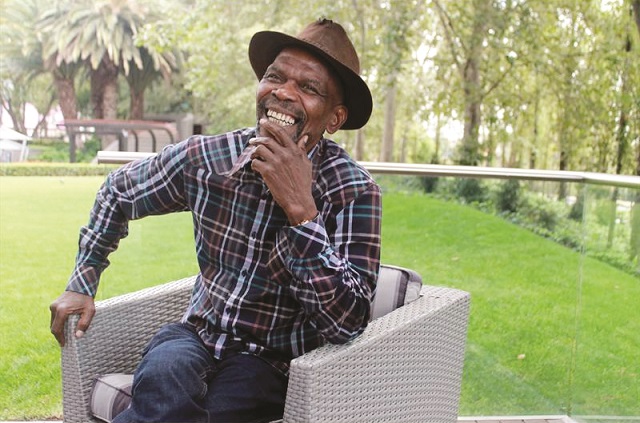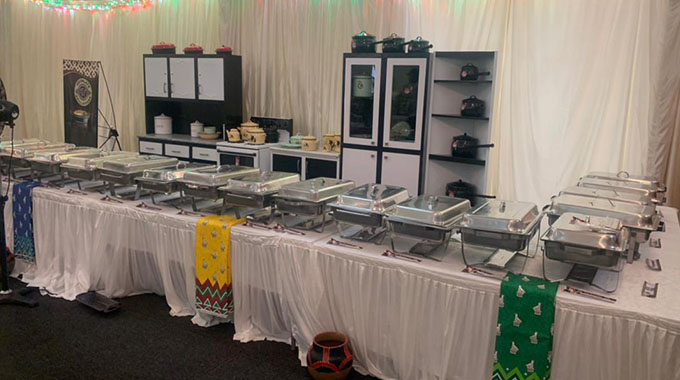Ray Phiri’s life through Louis Mhlanga’s eyes

Bongani Ndlovu, Showbiz Correspondent
RENOWNED jazz artiste Louis Mhlanga says jazz music lovers should remember Ray Phiri, the Awuphinde Mzala hit maker, as a witty musician on stage and a larger than life character off stage.
On Wednesday morning, people woke up to the news that Phiri had breathed his last in South Africa due to lung cancer.
Messages of condolences have been pouring in to comfort the family from people who knew the man who made the guitar talk and the soul leap with his husky voice and enigmatic character.
Phiri was one of the last of a dying breed of musicians who had that edgy and raw talent that could tap into people’s emotions. Songs like No Condom, No Sex and Zakala Nganeno are some of his all time hits.
His life touched many people in South Africa and Zimbabwe, Bulawayo in particular which he described as his home away from home when he performed here in the late 80s.
A life that Phiri touched was that of Mhlanga, a renowned guitarist in the Jazz genre. Mhlanga, who worked closely with Phiri for many years, said the world had lost a gem.
“The world has lost a legend, an educator and a great human being full of inspiration, kindness and love. His music will continue to echo in our hearts forever,” he said.
Mhlanga described sharing the stage with Phiri who he met in the 70s as the greatest thing ever.
“Sharing a stage with a friend and playing music together has always been the greatest thing. I can’t recall the first performance we had because we had little shows here and there, but the big show which stands out was just after he had released his album, People don’t talk so let’s talk.
“The performance was at the Market Theatre where we were joined by the late drummer Jethro Shasha. It was an amazing evening with other great musicians,” he said.
Mhlanga dismissed claims that Phiri could no longer afford to pay his medical bills saying this was untrue.
“There’s no such thing like Ray ran out of money.
“He fully supported his family and paid for his medical bills.
“He actually kept a lot of musicians working and paid them well,” he said.











Comments